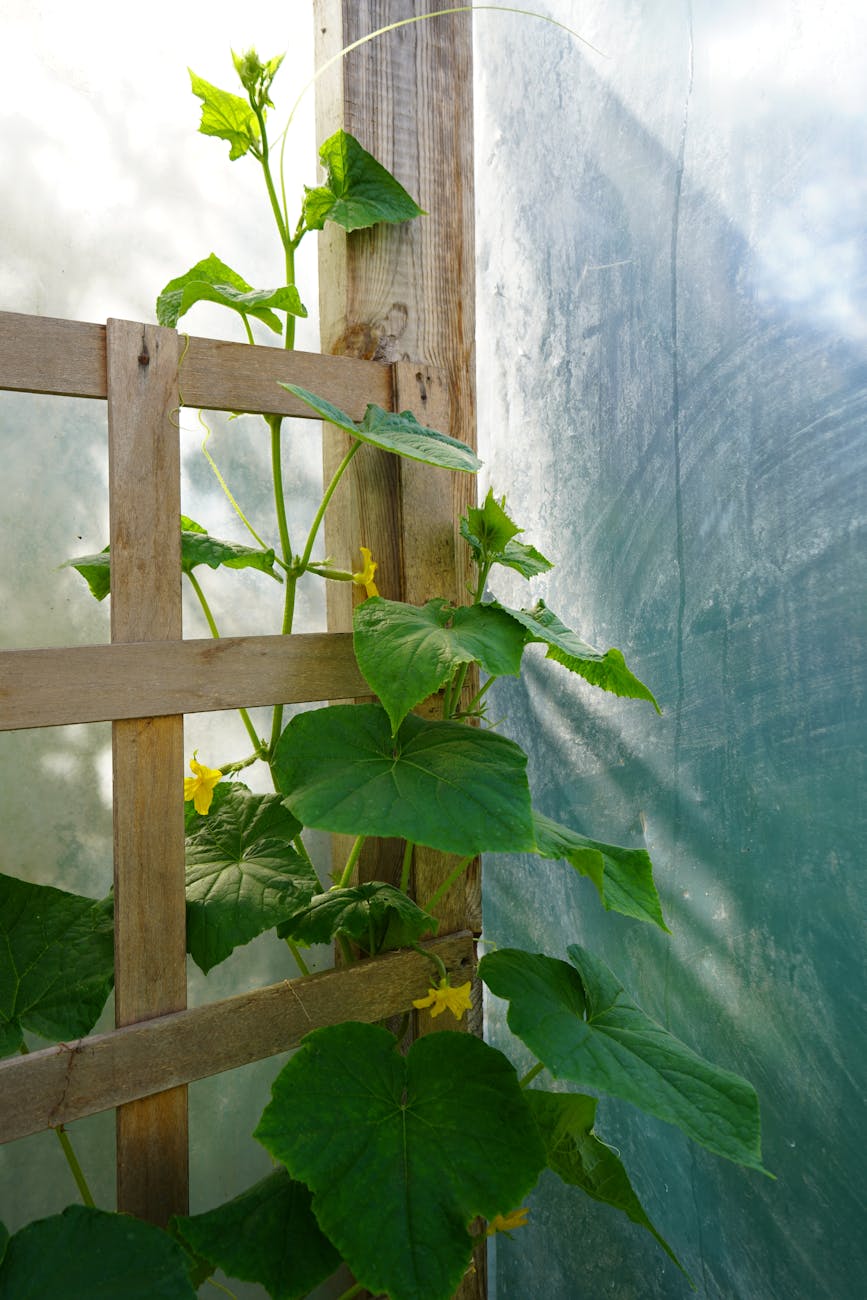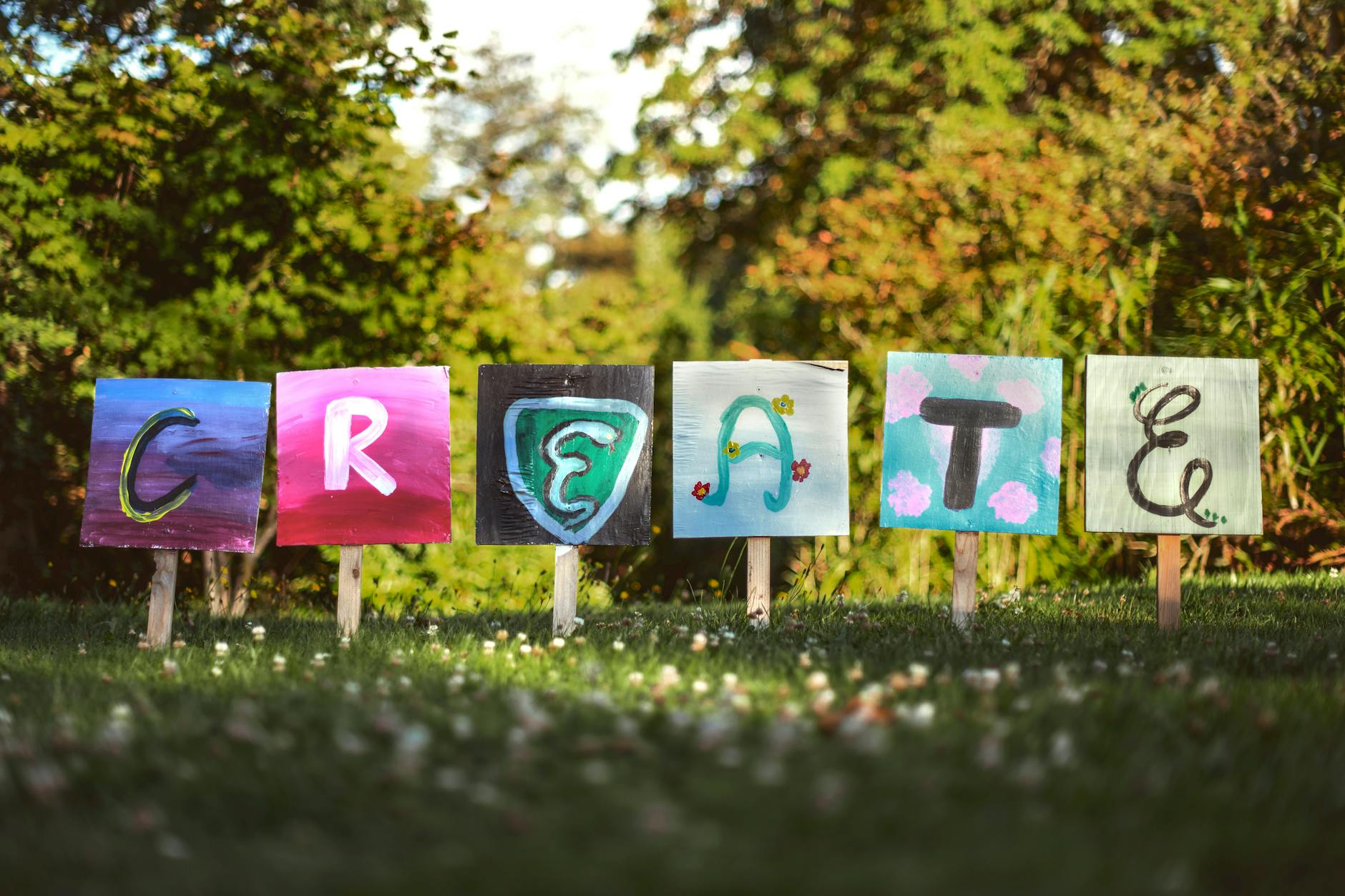Introduction to diy garden trellis
Adding vertical interest to your garden can transform its look and feel, making it more vibrant and productive. A fantastic way to achieve this is by building your own **diy garden trellis**. Not only is it a cost-effective solution, but it also allows you to customize the trellis to perfectly fit your space and aesthetic.
A **diy garden trellis** can support climbing plants like tomatoes, cucumbers, beans, and even flowering vines. This keeps them off the ground, improving air circulation and reducing the risk of diseases. Ready to unleash your inner gardener?

Benefits of diy garden trellis
Why should you consider a **diy garden trellis** instead of buying one from the store? The advantages are numerous! From saving money to adding a personal touch, a DIY trellis can significantly enhance your gardening experience.
* **Cost-effective:** Building your own trellis is often much cheaper than purchasing a pre-made one, especially if you repurpose materials.
* **Customizable:** You can design a trellis that perfectly fits your space and complements your garden’s style.
* **Environmentally friendly:** Using recycled materials reduces waste and gives new life to old items.
* **Satisfying project:** There’s a great sense of accomplishment in building something yourself and watching your plants thrive on it.
Related article – check it out for more gardening ideas!

Step-by-Step Guide
Ready to start building your own **diy garden trellis**? Here’s a step-by-step guide to help you create a sturdy and beautiful structure.
### Gathering Your Materials
First, you need to gather the right materials. Here are some options:
* **Wood:** Scrap wood, bamboo stakes, or cedar planks work well.
* **Wire or twine:** Use garden twine, metal wire, or even old rope.
* **Fasteners:** Screws, nails, or zip ties, depending on your materials.
* **Tools:** Saw, drill, measuring tape, and hammer.

### Designing Your Trellis
Before you start cutting and assembling, decide on the design of your trellis. Consider the size and type of plants you’ll be supporting. A simple A-frame trellis, a fan trellis, or a flat panel trellis are all good options. Sketch out your design to help visualize the final product.

### Assembling the Trellis
Now, let’s put it all together! Here’s a basic guide for building a simple flat panel trellis:
1. Cut the wood to the desired length for the frame.
2. Assemble the frame using screws or nails.
3. Attach the wire or twine to the frame, creating a grid pattern for the plants to climb.
4. Secure the trellis in your garden by attaching it to stakes or posts.

Tips for perfect diy garden trellis
Want to ensure your **diy garden trellis** is not only functional but also aesthetically pleasing? Here are some tips to help you achieve the perfect trellis:
* **Choose the right materials:** Select materials that are durable and weather-resistant, like cedar or treated wood.
* **Consider your plants:** Design the trellis to accommodate the specific needs of your plants, providing adequate support for their growth.
* **Think about aesthetics:** Integrate the trellis into your garden’s overall design by choosing a style and color that complements the surroundings.
* **Proper anchoring:** Make sure the trellis is securely anchored to the ground or a support structure to prevent it from tipping over, especially when loaded with plants.
* **Regular maintenance:** Check the trellis regularly for any signs of damage and make repairs as needed to ensure its longevity.

Common mistakes to avoid with diy garden trellis
Even experienced gardeners can make mistakes when building a **diy garden trellis**. Here are some common pitfalls to avoid:
* **Using flimsy materials:** Inadequate support can lead to the trellis collapsing under the weight of the plants.
* **Ignoring plant size:** Building a trellis that’s too small for the plant’s mature size can restrict growth.
* **Poor drainage:** If you’re using a trellis in a container, ensure there’s proper drainage to prevent root rot.
* **Not protecting the wood:** Untreated wood can rot quickly, so seal it or use naturally rot-resistant wood like cedar.
* **Improper installation:** A wobbly or unstable trellis can be a hazard.

Frequently asked questions about diy garden trellis
Got questions about building a **diy garden trellis**? Here are some common queries and their answers:
* **What is the best material for a garden trellis?** Cedar, bamboo, and treated wood are all excellent choices. The best material depends on your budget, aesthetic preferences, and the size of the plants you’ll be supporting.
* **How tall should my trellis be?** The height depends on the type of plants you’re growing. Generally, a trellis should be at least 6 feet tall for climbing vegetables like tomatoes and cucumbers.
* **Can I use recycled materials to build a trellis?** Absolutely! Reclaimed wood, old ladders, and even repurposed metal scraps can be used to create unique and eco-friendly trellises.
* **How do I attach plants to the trellis?** Use garden twine or soft ties to gently secure the plants to the trellis. Avoid tying too tightly, as this can damage the stems.
* **How do I protect my wood trellis from the elements?** Apply a sealant or stain to protect the wood from moisture and UV damage. Reapply annually for best results. source

Conclusion & Final Thoughts
Building a **diy garden trellis** is a rewarding project that can enhance your garden’s beauty and productivity. By following these tips and avoiding common mistakes, you can create a sturdy and attractive structure that will support your plants for years to come. So grab your tools, get creative, and start building your dream trellis today! Happy gardening!
